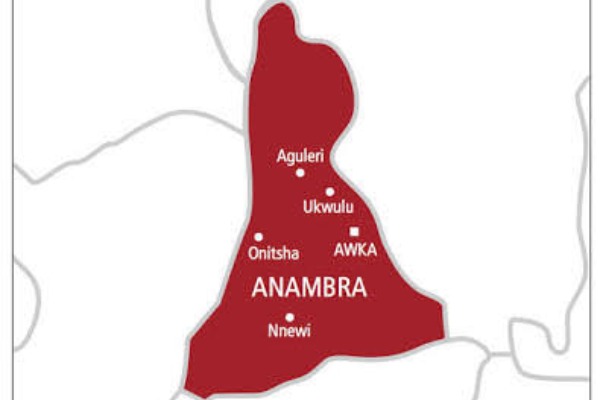Suspected herders kill two residents in South-east communities
Two people have been killed after suspected herders invaded two farming communities in Eha-Amufu, Isi-Uzo Local Government Area of Enugu State, Nigeria’s south-east. The communities -Agu-Amede and Abor- were attacked on Wednesday and Thursday, respectively, PREMIUM TIMES learnt. How the first attack happened A resident of Agu-Amede community, who asked not to be named, told this newspaper that some suspected herders entered the community in a truck on Wednesday at about 4 p.m. The herders, said to be armed with rifles, hid under a tarpaulin inside the truck, ostensibly to avoid being noticed, the resident said. They were said to have passed some military checkpoints in the area, but were intercepted on a bridge by some local vigilante operatives on stop and search duty along the road. The herders, it was learnt, jumped out of the truck and opened fire on the vigilante. The resident said the herders fled into nearby bushes after being overpowered by the vigilante during a shoot-out. The vigilante operatives afterwards set the truck ablaze. “If they (herders) had crossed that bridge, they would have distributed themselves the way they normally do to attack us,” he said. A video clip showing the truck in flames has gone viral on Facebook. The suspected herders, the resident said, later regrouped and attacked Agu-Amede, one of the communities, killing one of the residents. He identified the victim as Chinedu Odo-Idoko, a young man. He said the attack disrupted Eke Eha-Amufu Market, a local market in the area, with traders scampering for safety during the shooting. “Many people are running to communities in neighbouring Ebonyi State for safety. My community, Amede, is completely empty as I speak to you,” he said. Several residents who spoke to PREMIUM TIMES lamented the lack of security agencies in the area. They alleged that some soldiers manning military checkpoints in the area, opened fire on the vigilante operatives who stopped the suspected herders from entering the communities. The residents accused the soldiers of aiding and backing the herders to attack their communities. This newspaper could not, however, confirm the allegation against the soldiers. Second attack Jude Eze, another resident of the area, corroborated the report that some suspected armed herders attempted to enter the area in a truck before they were intercepted. Mr Eze told PREMIUM TIMES that the herders also attacked Abor community on Thursday, killing one other person. He said several houses were razed by the attackers. “This morning (Thursday), I saw a corpse lying on the road. But I don’t know the identity of the victim,” Mr Eze said. There are indications that more people would have been killed by the attackers. When contacted, the police spokesperson in Enugu State, Daniel Ndukwe, said he was not aware of the attacks. He, however, said he would “verify” the report of the attack and killings in the communities. Frequent attacks Mgbuji and other neighbouring communities in Eha-Amufu have been experiencing frequent attacks by suspected herders for some time now. The latest incidents occurred less than two weeks after suspected herders killed three persons in Agu-Amede, one of the communities in Eha-Amufu, in the council area. Suspected herders, in November, attacked the Agu-Amede community and other neighbouring communities, killing many residents. Following multiple attacks last month, Governor Ifeanyi Ugwuanyi, through the Secretary to the Enugu State Government, Simon Ortuanya, asked heads of security agencies in the state to deploy more personnel to the affected communities to prevent further attacks. ⓘ The governor said the state government would meet with the leaders of the herders in the area “to decisively resolve” the issues causing the attacks. Mr Ugwuanyi, subsequently released N10 million for the immediate needs of victims who have been taking refuge in some internally displaced persons camps in the communities. But the attacks have continued, despite the assurances by security agencies in the state as well as the governor.














